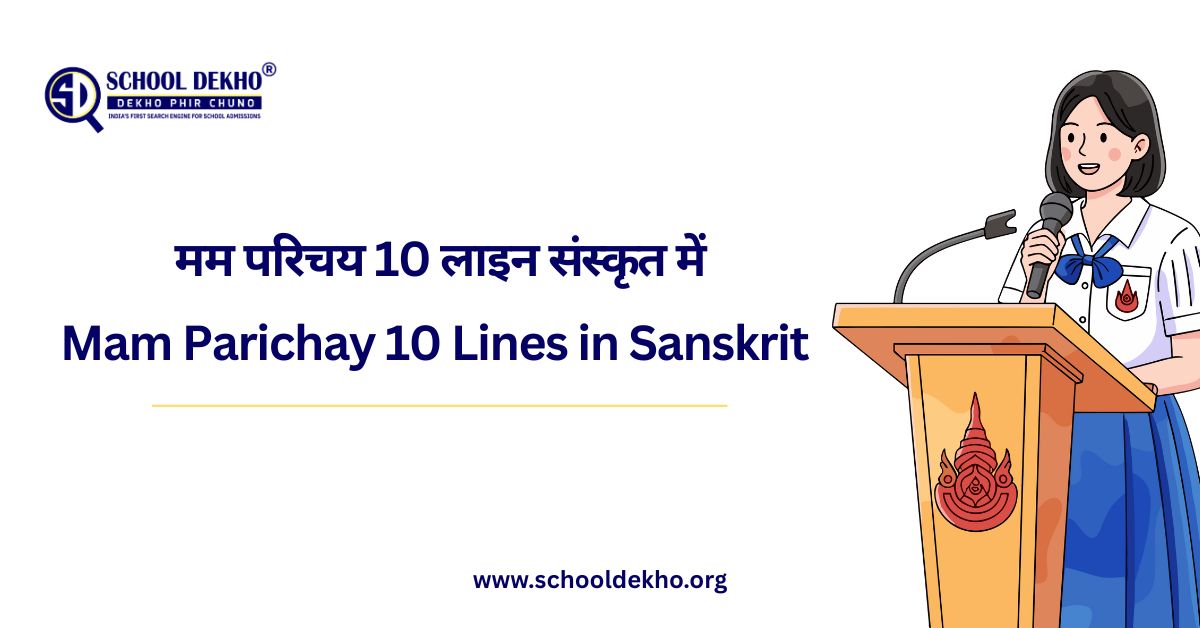Understanding Learning Difficulties and Learning Disorders in Children and Teenagers

Learning difficulties and learning disorders are common in children and teenagers, and can significantly impact their academic performance and overall development. While these terms are often used interchangeably, they refer to distinct types of challenges that individuals may face in the learning process.
Learning difficulties are generally defined as difficulties in acquiring, processing, or retaining information, despite adequate intelligence, motivation, and opportunity to learn. These may include challenges in areas such as reading, writing, maths, or organization, and may be caused by a variety of factors such as sensory processing issues, executive function deficits, or difficulties with specific cognitive skills.
On the other hand, learning disorders refer to specific neurodevelopmental disorders that affect one or more areas of learning. These are typically diagnosed through a comprehensive assessment process and may include conditions such as dyslexia, attention-deficit/hyperactivity disorder (ADHD), or autism spectrum disorder.
Dyslexia, for example, is a learning disorder that affects reading and related language-based processing skills. It is estimated to affect between 5-10% of the population and is often characterized by difficulties with phonological processing, decoding, and fluency. Children and teenagers with dyslexia may benefit from interventions such as structured literacy instruction or multisensory approaches to reading.
ADHD is another common learning disorder that can impact a child's ability to pay attention, control impulses, and manage behaviors. While ADHD is often associated with hyperactivity and impulsivity, it can also present as a predominantly inattentive subtype. Treatment for ADHD may include medication, behavioral therapy, or a combination of both.
Autism spectrum disorder (ASD) is a complex neurodevelopmental disorder that can affect social communication, behavior, and sensory processing. While there is no one-size-fits-all intervention for ASD, approaches such as applied behavior analysis (ABA), speech and language therapy, and social skills training may be beneficial for some individuals with the condition.
In addition to these specific learning disorders, many children and teenagers may experience challenges with executive function, which refers to a set of cognitive skills that enable individuals to plan, prioritize, and complete tasks. Executive function deficits may manifest as difficulties with organization, time management, or working memory, and may impact academic and daily functioning.
Interventions for learning difficulties and learning disorders may vary depending on the specific needs of the individual but often involve a combination of targeted instruction, accommodations, and support services. For example, children and teenagers with dyslexia may benefit from interventions such as phonics instruction or text-to-speech software, while those with ADHD may benefit from accommodations such as extended time on tests or preferential seating in the classroom.
Overall, it is important for parents, educators, and healthcare providers to be aware of the signs and symptoms of learning difficulties and learning disorders, and to work collaboratively to provide appropriate support and intervention for children and teenagers with these challenges. By addressing these issues early and effectively, we can help to maximize the academic and personal potential of all individuals.
Contact with Us
Call: 1800 - 2588 - 074
Mail: info@schooldekho.org
Student’s Best Education Portal | School Dekho | India's First School Search Engine | Best Schools Near Me | Find Schools Near Me | Dekho Phir Chuno
#dekhophirchuno






